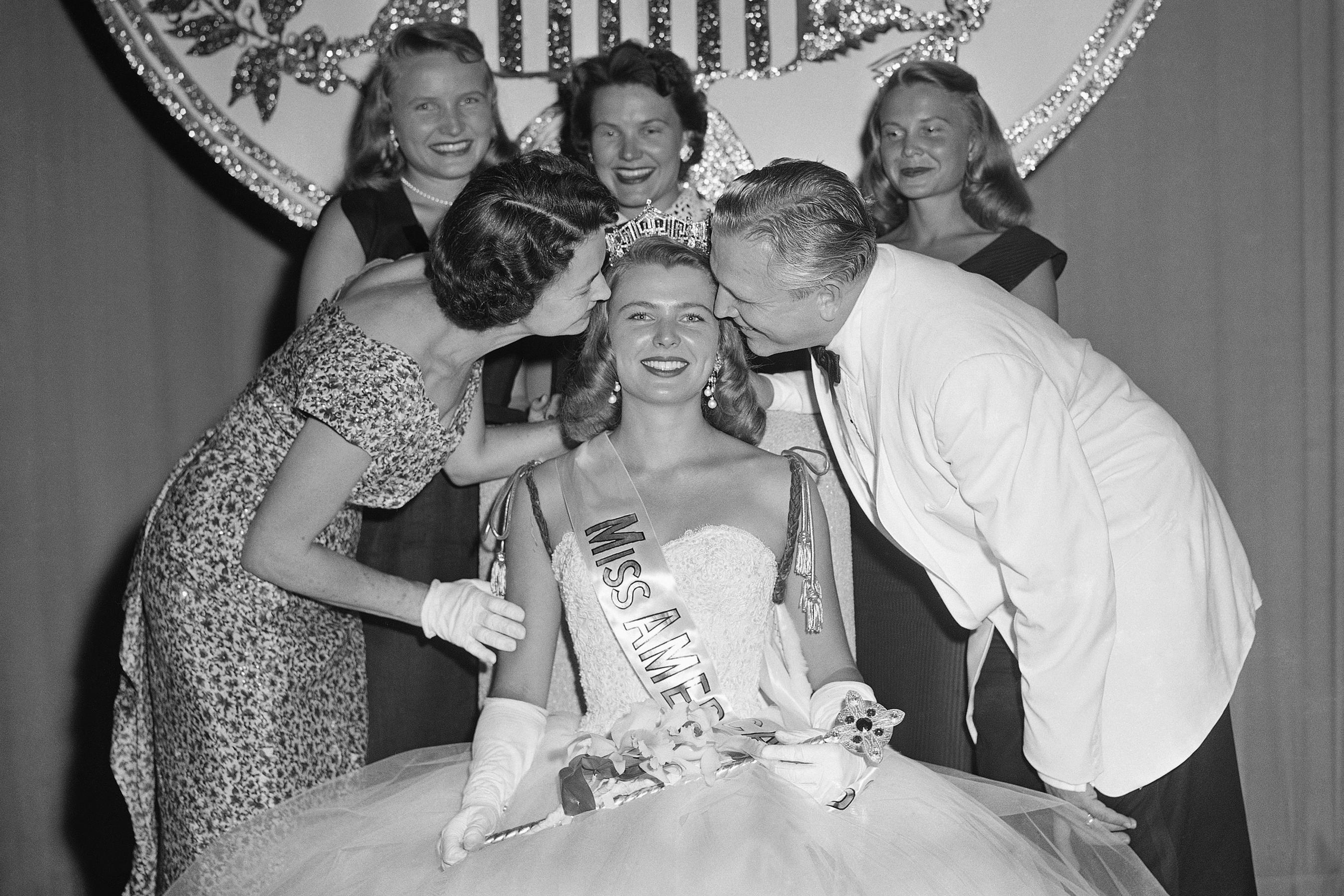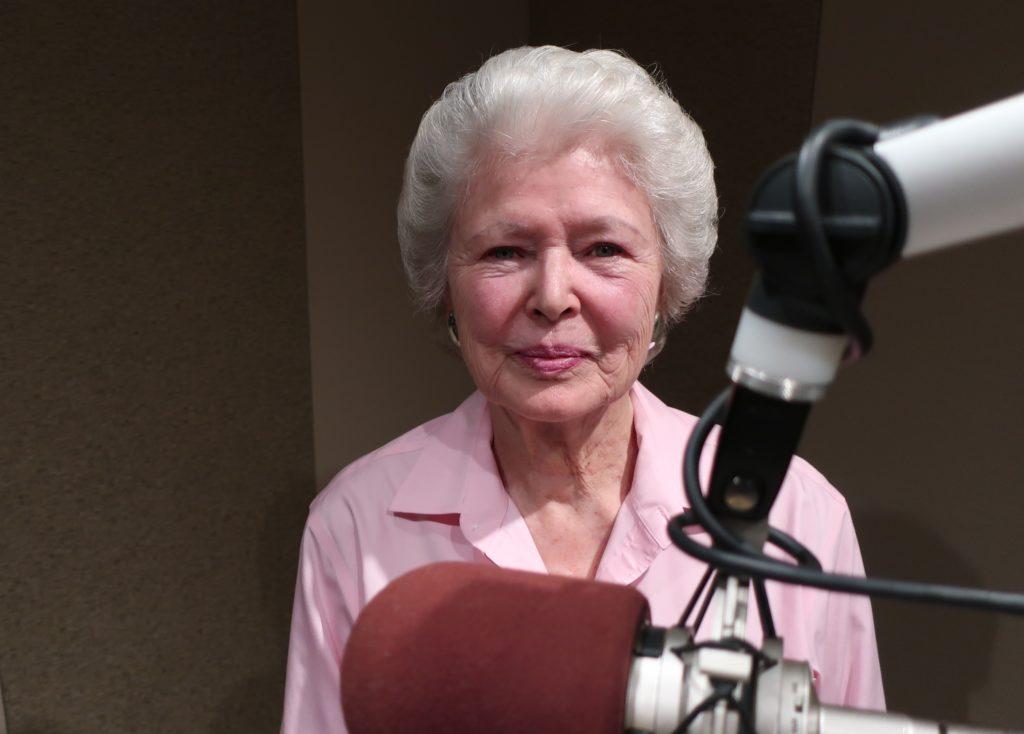
When Denver’s Marilyn Van Derbur was crowned Miss America in 1958, no one knew she had endured years of sexual abuse from her father.
Even she had suppressed the memories of what happened to her nightly from ages 5 to 18.
But that changed when she turned 24 and a flood of painful memories came rushing to the surface.
“Well, all of those feelings were just stuffed,” Van Derbur said. “But when you bury feelings alive and something triggers them, then they come up as if it's happening in real time.”
Since her story was made public in 1991, she’s dedicated her life to helping other survivors of sexual abuse. A new documentary about Van Derbur based on her memoir of the same name, “Miss America By Day” is screening in select Colorado cities this fall.
She spoke with Colorado Matters host Ryan Warner about what it takes to heal from that kind of trauma, and letting go of shame.
Q: Letting go of shame is a huge theme in this documentary. Why?
A: Because that's what the issue is. It isn't what's done to us. It's how it makes us feel and the shame is so overwhelming for all of us. I believe when I disclosed to my daughter when she was 13, I truly believed she would not want me to be her mother anymore. I knew, I'm 82 and this is still hard to say, I knew when I told Larry the truth, I believed he would never, ever want to speak to me again. That's the shame that we live with.
Q: You mentioned in this film the feelings around sexual abuse of humiliation, degradation, anger and pleasure. Your documentary has made me want to share that I was molested as a kid by a babysitter. The memories are a little fuzzy. The shame I carried around for so long was connected to the sexual arousal I felt. It's really hard to talk about. I don't hear it discussed much, but you feel then like you are to blame or that, that you deserve it or something like that if there's even a vague sense of arousal. Do you mind sharing a few thoughts on that? I'd love to hear your thinking.
A: I'm so sorry that happened to you.
Q: Thanks.
A: This is hard for me to talk about as well. It's one of the reasons I wrote a book. I'm not sure I could have done my book on audio. The purpose of every night was my father winning, I tried really hard to never let my body respond and that was his goal of the evening. So it was a fight every time he came in.

Q: Yeah, that's about power.
A: Oh, absolutely. It's about power. But the shame that I felt when he won is obviously still difficult for me to talk about.
Q: Do you still think you have shame about it?
A: No, I don't. No, but I'm 82. I would say when the newspapers put my story on the front page, it was really the press that changed everything. They never said Marilyn alleges. And my father had been an extremely well known philanthropist. His name was on the boy scout building. He was the head of the Denver Center for the Performing Arts trustee. You know, he was just very highly recognized and the press never questioned. They just said, she's a woman of courage and survivors are reading the paper and saying, really? Well if they're going to call her a woman of courage, then maybe, maybe I can be believed. Maybe I can come forward. And we had thousands of men and women coming forward.
Q: What observations have you made about how survivors carry shame in the last three decades you’ve done this work?
A: We held a meeting two weeks after my story broke the first time, and we held it at Montview Presbyterian Church where I had grown up — seats 1,100 people. I thought there'd be maybe 200, walked in, 1,100 people all with their heads down, all in shame. And that has shifted, I'm happy to say that that has shifted. Now when I walk into a ballroom or an auditorium, the lights are on, the heads are up. I do always ask survivors to stand and it stops your heart as you see in a room of 600 people, if you see 250 people or 300 people begin to stand...And you see this mass of people stand and have them look at one another and say to themselves, Oh my, I had no idea that the woman sitting next to me that I drove here with. It is always the high point of my presentation and it is the most educational part because every single person in that room now becomes aware of how common this is.
The Colorado-based WINGS Foundation is holding screenings of “Miss America By Day” and offers resources for survivors on their website: wingsfound.org.









